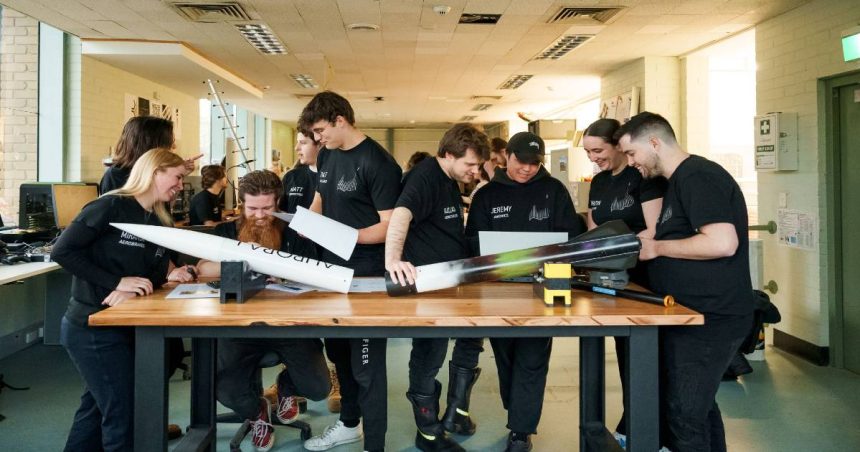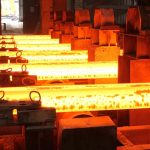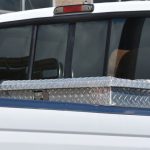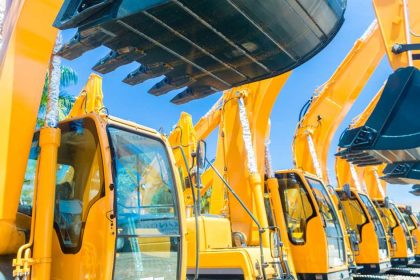Turn on any news channel or open up the morning paper these days, and you’ll see there’s always plenty to be said about making the world a greener place.
But when it comes to improving environmental sustainability around the globe, a group of Aussie engineering students are proving the sky is certainly not the limit.
The small cohort of five soon-to-be engineers have been selected for an all-expenses paid trip to the International Astronautical Congress in Italy, where they’ll discuss ways to improve sustainability that are simply ‘out of this world’.
The congress will see the congregation of 8,000 industry experts and future space leaders to help find solutions to waste management concerns within our solar system.
Chosen for their impact on the Australian space industry, the RMIT students were named this year’s Young Australian Space Leaders with hopes they will go on to become leaders within the field.

RMIT student Patrick Underwood is one of the students set to travel to Milan next week, thanks to his passion for improving green technologies within the space industry.
“I was obviously very happy, and I called Mum immediately. It took a few days to sink in, and then I started to feel proud – it’s good to be recognised,” he said.
“It’s a pretty good opportunity. I’m looking forward to being around everyone in the industry, chatting with everyone, and networking.”
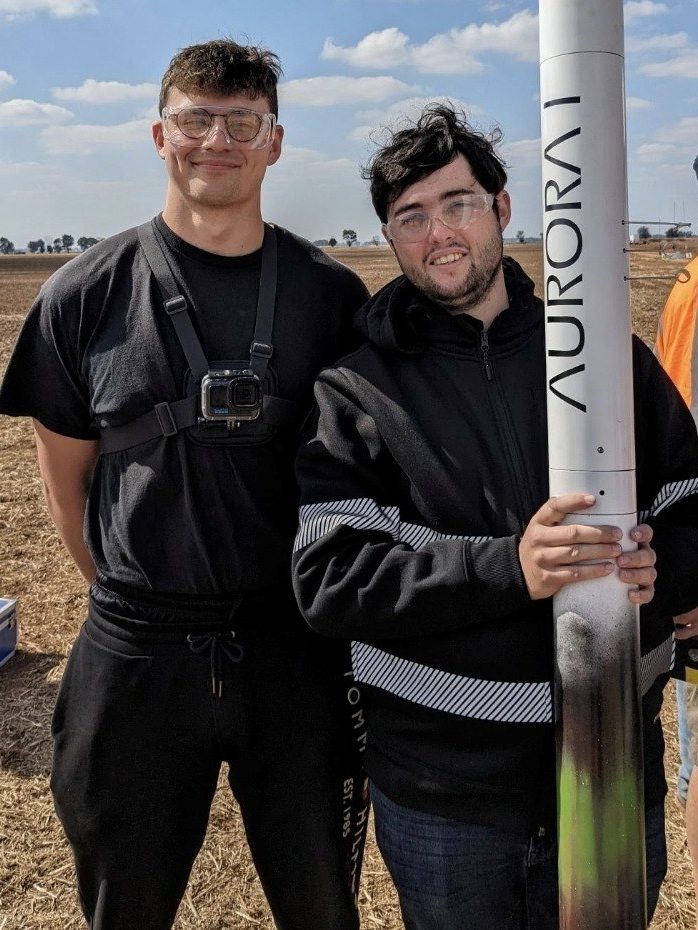
Space junk risk to communication infrastructure
Patrick says while the world has launched an increased focus on improving sustainability here on Earth, the environment above us has so far been mostly neglected.
Experts estimate that hundreds of millions of pieces of space junk are floating through our region of the solar system, which mostly constitutes discarded parts of rockets and broken satellites.
This debris can travel 10 to 20 times faster than a bullet and can range from the size of a truck to pieces as small as the eye can see —putting essential communications satellites, future launches, and vital technology equipment at risk.
“When it comes to space, there’s lots of stuff up there, and we need to be more responsible and bring attention to sustainability. If we don’t, we’re going to destroy another environment above us,” Patrick said.
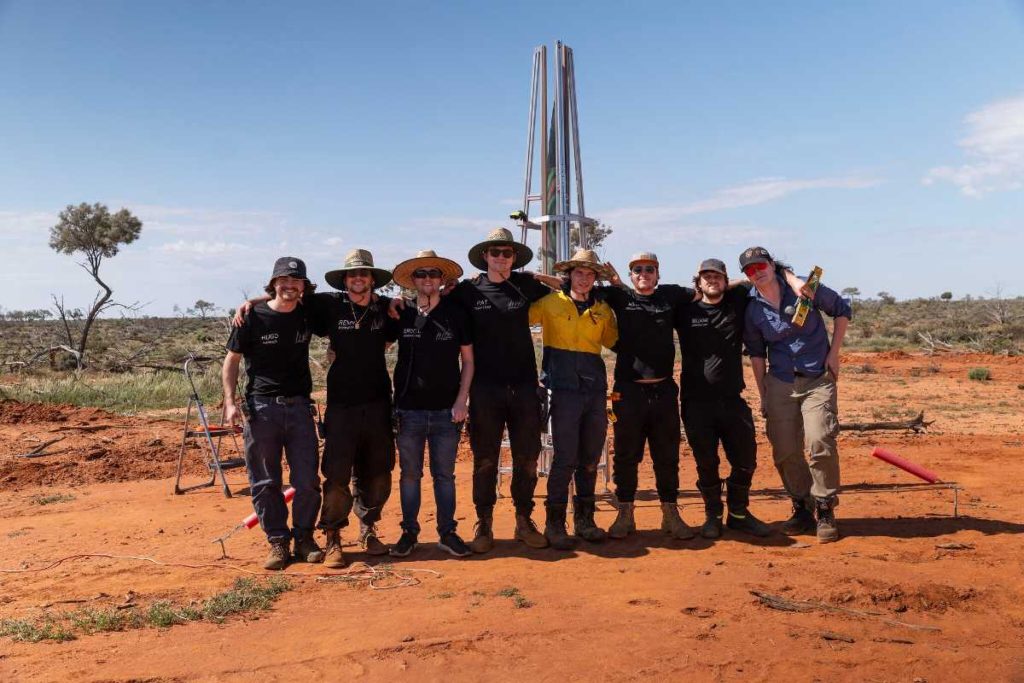
RMIT Aerospace Engineering and Aviation Professor Ray Kirby says the scholarship trip was a great opportunity for Patrick, who hopes it will open doors to an internship in rocket propulsion or green technology.
“(It’s a great opportunity) not just to develop his thinking around some of the sustainability challenges he’s identified, but to also rub shoulders with members of the global space industry,” Professor Kirby said.
“Patrick is a great representative for RMIT – and Australia too.”

